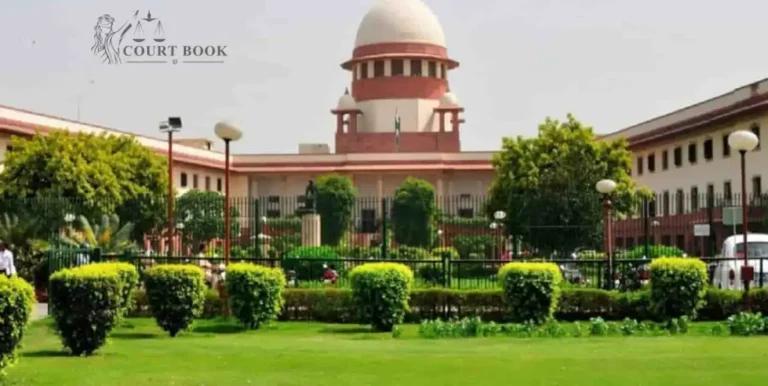The Supreme Court of India has ruled that a delay in recording witness statements under Sections 161/164 of the Code of Criminal Procedure (CrPC) does not automatically weaken the prosecution's case, provided there is a reasonable explanation for the delay. This ruling was delivered in the case of Firoz Khan Akbarkhan vs. The State of Maharashtra.
Background of the Case
The case pertained to the conviction of Firoz Khan Akbarkhan under Section 302 (murder) read with Section 34 (common intention) of the Indian Penal Code (IPC). The accused challenged his conviction, arguing that the delay in recording eyewitness statements created doubts about the prosecution’s case.
The appellant referred to the case of Ganesh Bhavan Patel v. State of Maharashtra, (1978) 4 SCC 371, arguing that delays in witness examination are always detrimental to the prosecution. However, the Supreme Court clarified that a delay is not necessarily fatal if justified with a valid reason.
Read Also:- Employment Claims Must Be Supported by Documentation: Supreme Court Ruling
Rejecting the appellant’s argument, the judgment authored by Justice Ahsanuddin Amanullah noted:
“Insofar as the delay of 2/3 days in recording the statements of the eye-witnesses under Section 161(5) of the Code is concerned, the said delay has been thoroughly explained by the witnesses, including the Investigating Officer, to the effect that there were riots in the area. On this score, the Investigating Officer was involved in maintaining law and order in the affected area. In the attendant facts and circumstances, the course of action adopted by the police cannot be termed unjustified, and no adverse inference can be drawn on this count.”
The Court emphasized that each case must be examined based on its unique facts. The decision in Ganesh Bhavan Patel was distinguished on the grounds that, in that case, the delay was accompanied by a delayed FIR and suspicious circumstances, which is not a universal standard.
The Court referred to Lal Bahadur v. State (NCT of Delhi), (2013) 4 SCC 557, where a 27-day delay in recording witness statements was not held fatal, considering the presence of communal violence. Similarly, in Baldev Singh v. State of Punjab, (2014) 12 SCC 473, a delay of over two years in recording statements was deemed justified due to special circumstances.
Read Also:- Supreme Court Criticizes Senthil Balaji's Counsel for Raising "Technical Defence" in Bail Recall Plea
Key Takeaways from the Judgment
Delays in Recording Witness Statements Are Not Inherently Prejudicial
- A delay does not automatically weaken the prosecution’s case unless it is unexplained or accompanied by suspicious circumstances.
The Court Will Assess Case-Specific Justifications
- Factors such as law enforcement duties, communal disturbances, or logistical challenges can provide valid reasons for the delay.
Precedents Allow Courts to Weigh Delays with the Overall Evidence
- The judgment reaffirms the position in cases such as Sunil Kumar v. State of Rajasthan, (2005) 9 SCC 283, where courts ruled that delays should not always benefit the accused.
Accordingly, the Appeal was dismissed, and the conviction was upheld.
Case Title: FIROZ KHAN AKBARKHAN VERSUS THE STATE OF MAHARASHTRA
Appearances:
For Appellant(s) Mr. Kiran Suri, Sr. Adv. Ms. Nidhi, AOR
For Respondent(s) Mr. Aaditya Aniruddha Pande, AOR Mr. Siddharth Dharmadhikari, Adv. Mr. Shrirang B. Varma, Adv. Mr. Bharat Bagla, Adv. Mr. Sourav Singh, Adv. Mr. Aditya Krishna, Adv. Ms. Preet S. Phanse, Adv.















